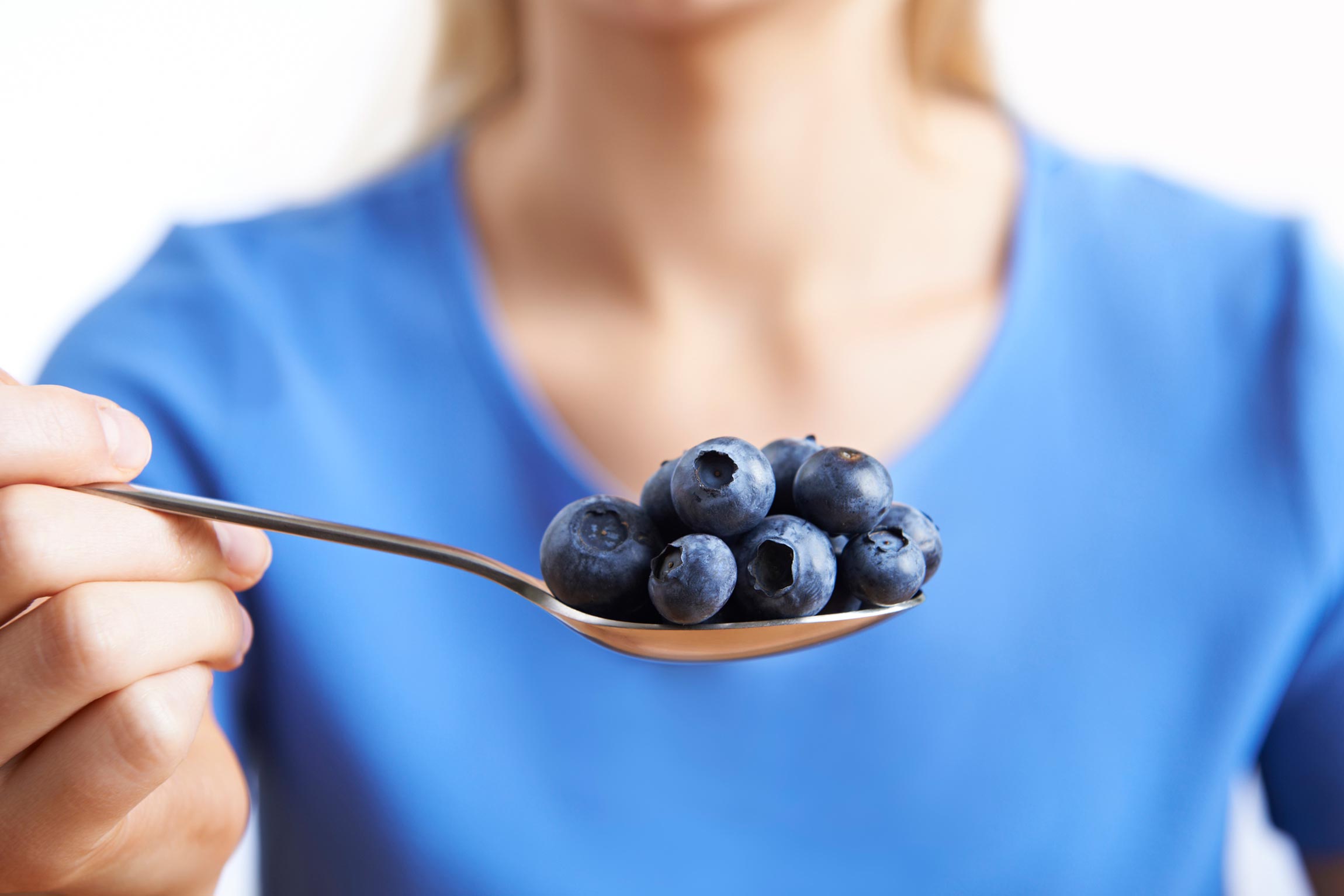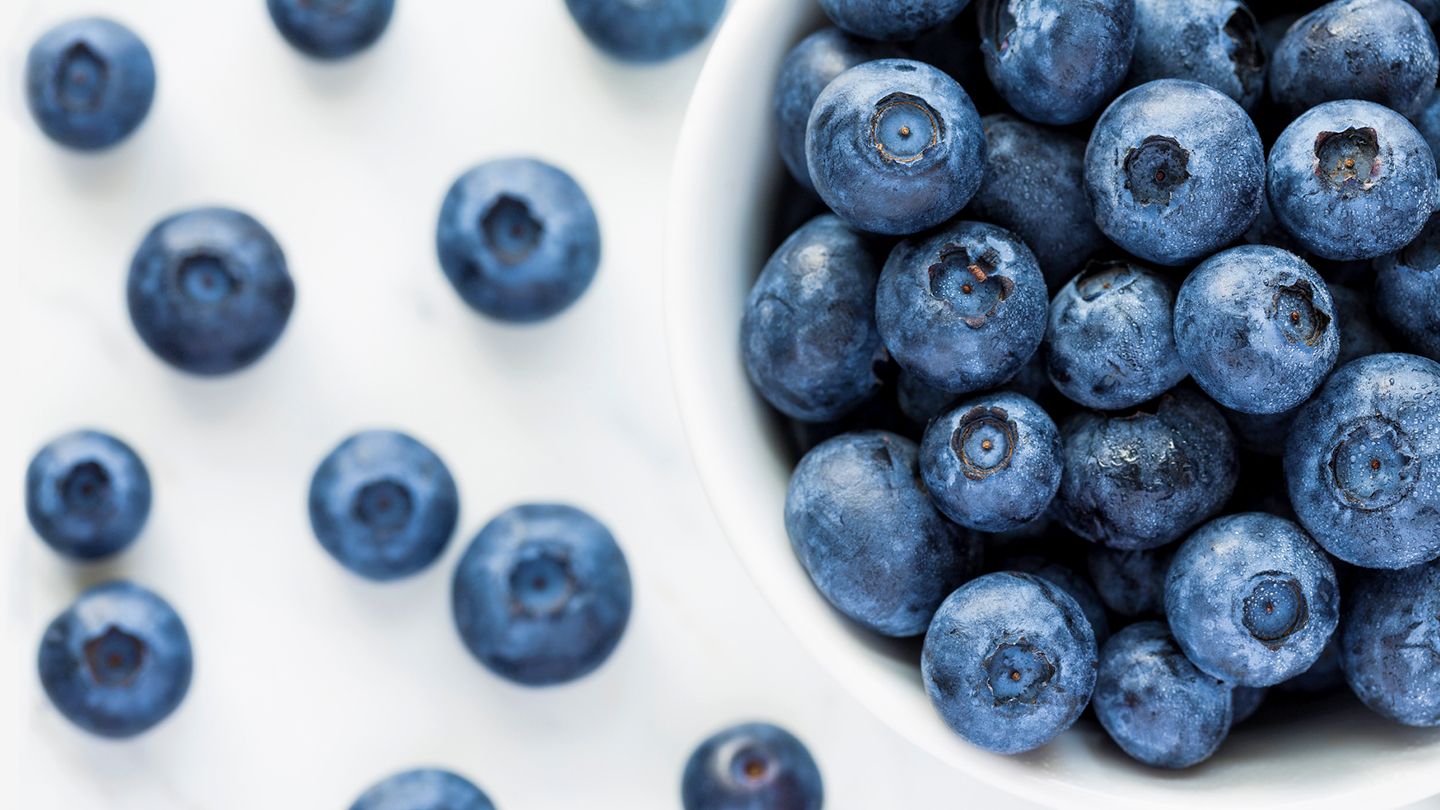Are you looking for some natural ways to ease those pesky period cramps? Well, look no further because today we’re going to talk about a delicious and nutritious fruit that might just become your new best friend during that time of the month – blueberries! Today, in this guide, we will find out whether blueberries are beneficial for periods or not.
Contents
Are Blueberries Good for Periods?

When it comes to finding the best fruits to eat during your period, blueberries definitely earn their place on the list. Not only are they delicious, but they also offer numerous benefits that can help ease period cramps and support your overall health during this time. Let’s explore why blueberries are so good for your periods.
1. Rich in Essential Nutrients
Blueberries are packed with essential nutrients that are beneficial during your menstrual cycle. They are particularly rich in vitamin C, which plays a crucial role in supporting progesterone production during the luteal phase of your cycle. In fact, just one cup of blueberries provides you with 24 percent of the recommended daily adult allowance of vitamin C.
2. Versatile and Convenient
One of the great things about blueberries is their versatility. You can enjoy them in various forms, from topping your pancakes and adding them to smoothies to eating them alone as a healthy snack. This makes it easy to incorporate blueberries into your diet during your period, ensuring you enjoy their benefits without any hassle.
3. Additional Health Benefits
Aside from their menstrual benefits, blueberries also offer a range of other health advantages. They are a great source of dietary fiber, which aids in digestion and can prevent bloating, a common issue during your period. Blueberries are low in cholesterol and calories, making them a fantastic option for those who want to maintain a healthy weight or manage diabetes.
Blueberries for Reducing Period Symptoms
When it comes to managing your period symptoms, incorporating blueberries into your diet can be a delicious and nutritious way to alleviate discomfort. Here’s how blueberries can help reduce period symptoms:
1. Managing Oxidative Stress
Blueberries are rich in antioxidants, which play a crucial role in managing oxidative stress. During menstruation, oxidative stress can cause cell damage, leading to inflammation and increased stress levels. By consuming antioxidants from blueberries, you can help balance the body’s antioxidant system, reducing oxidative stress and supporting overall well-being.
2. Supporting Hormonal Balance
Blueberries contain fertility-boosting nutrients, including vitamin C, which supports progesterone production during the luteal phase of the menstrual cycle. Adequate progesterone levels are essential for maintaining a healthy menstrual cycle. By incorporating blueberries into your diet, you can help support hormonal balance and potentially reduce period-related symptoms.
3. Alleviating Pain and Cramps
Period pain and cramps can significantly impact your daily activities. Fortunately, blueberries are among the foods that help with period cramps. Their anti-inflammatory properties can help reduce inflammation and alleviate pain during menstruation. Adding blueberries to your diet may provide relief from discomfort and make your periods more manageable.
4. Boosting Heart Health
Heart health is important at all times, and blueberries can offer added cardiovascular benefits. Regular consumption of blueberries has been linked to improved heart health and blood pressure management. By including blueberries in your diet, you can support a healthy heart and potentially reduce the risk of cardiovascular issues.
5. Promoting Healthy Weight
Maintaining a healthy weight is essential for overall well-being, including menstrual health. Blueberries are low in calories and high in fiber, helping to promote a healthy weight and support digestion. Incorporating blueberries into your diet can contribute to a balanced diet and aid in maintaining a healthy body weight.
Including Blueberries in Your Diet

One of the key nutrients found in blueberries is vitamin C. This powerful antioxidant plays a crucial role in reducing oxidative stress, which is a common trigger for period symptoms such as bloating, mood swings, and fatigue. By consuming blueberries regularly, you can help combat this stress and potentially reduce the severity of your symptoms.
In addition to vitamin C, blueberries are also rich in fiber. Fiber is essential for maintaining a healthy digestive system and preventing constipation, which can be a common issue during periods. By including blueberries in your diet, you can ensure a smooth and regular bowel movement, reducing discomfort and bloating.
Furthermore, the antioxidants found in blueberries, such as anthocyanins, have been shown to have anti-inflammatory properties. Inflammation can contribute to menstrual pain and cramps, making it an unwelcome companion during your period. By consuming blueberries, you can help reduce inflammation and potentially alleviate these painful symptoms.
Nutrients Found in Blueberries
| Nutrient | Amount per 1 cup (148g) |
|---|---|
| Fiber | 4g |
So, why wait? Start adding blueberries to your shopping list and unlock their incredible period health benefits today. Your body will thank you.
Frequently Asked Questions
What foods are best for periods?
Antioxidants, manage menstrual cramps, and decrease oxidative stress. Healthy food sources of antioxidants include green veggies, nuts, whole grains, sweet potatoes, red cabbage, berries, and green tea.
What berries are good for irregular periods?
Chasteberry from the chaste tree is recommended for menstrual cycle irregularities, period-related breast pain, and premenstrual syndrome (PMS).
What fruits increase menstrual flow?
There are no specific fruits known to increase menstrual flow. However, certain foods like ginger, turmeric, pineapples, and papayas have been suggested to promote blood flow and reduce inflammation during menstruation.
I am a medical student with experience and interest in Women’s health and well-being.